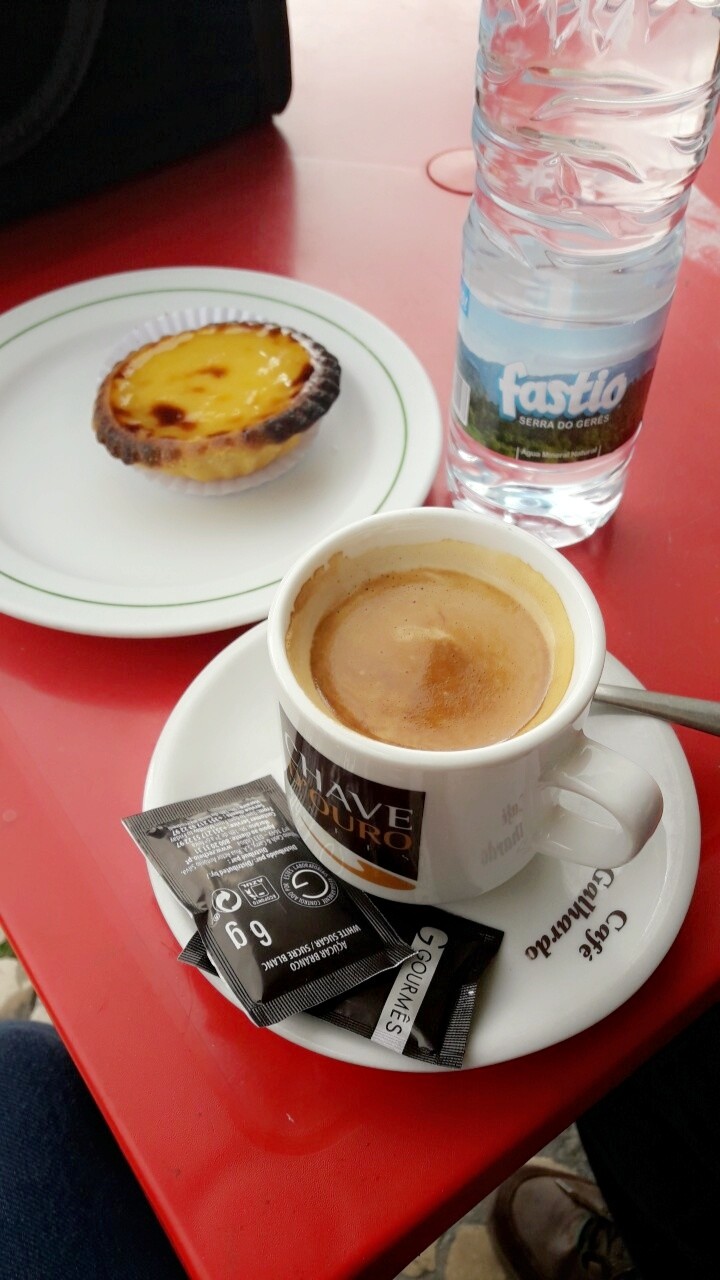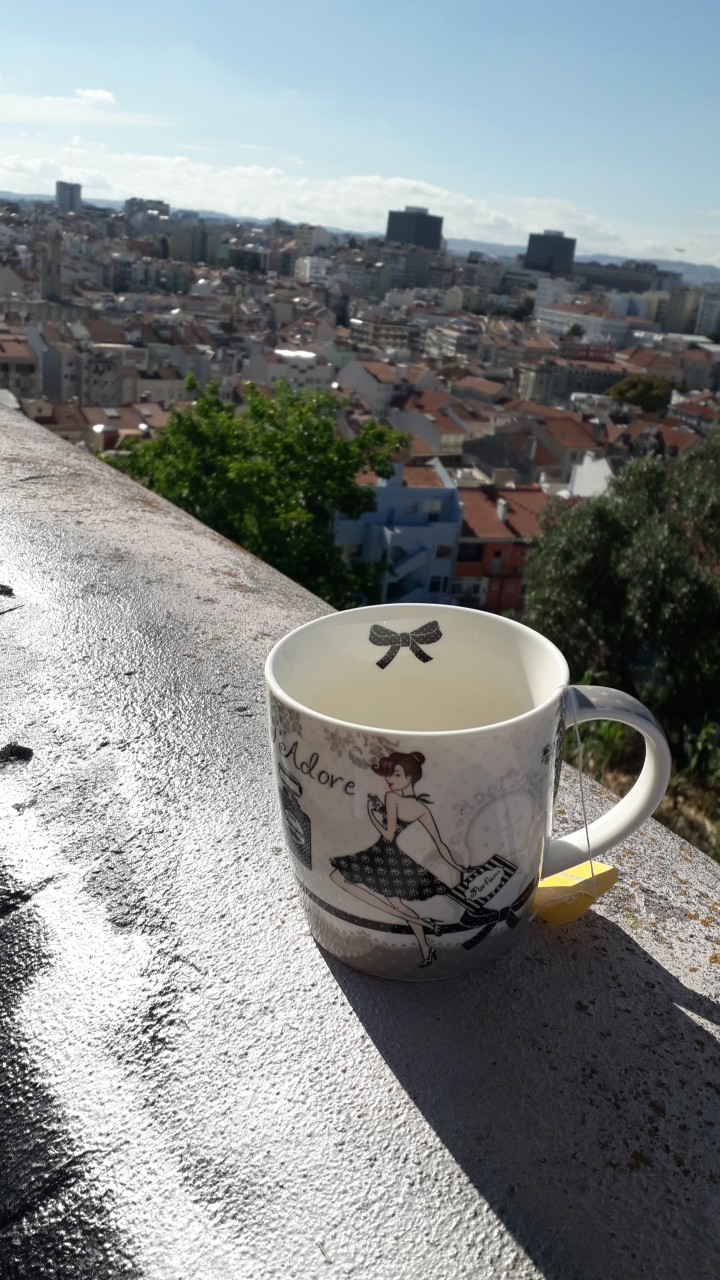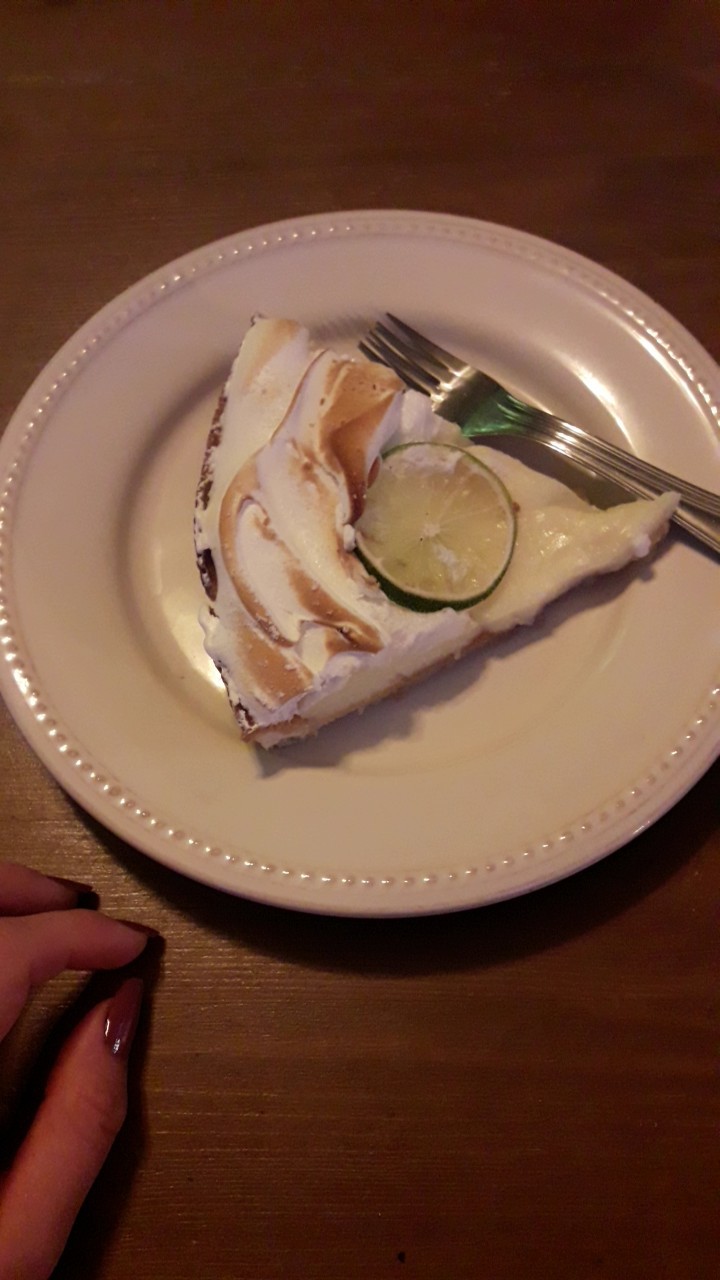Types of Coffee
You may be an Erasmus+ student in Porto, Lisbon or some other Portuguese city, but that doesn't mean you speak this poetic language fluently. Although I am sure your language level will be much higher at the end of your experience, you might not be there yet. But of course you want to survive in everyday conversations, right? So here are a few useful basic phrases that you can use in a typical Portuguese coffee shop!
Step 1: the polite greeting
Walking into a cafe, you should typically greet with Bom día (good day), which you can use anytime from morning to 12 am. In the afternoon replace that phrase with Boa tarde (good afternoon), and in the evening with Boa noite (good night).

Step 2: choose your beverage
Ordering a coffee in Portugal isn't as simple as you might think. You'll find many different names for coffee on the menu which can confuse you. I'll walk you through them.
If you want a coffee with milk, say Eu quero uma meia de leite, se faz favor. Meia de leite would literally translate to »half of milk«.
If you want a large cup of coffee with a lot of milk, say: Um galão, se faz favor.
If you want a small strong black coffee, you'll fit perfectly into a café with the locals. Say: Uma bica, se faz favor. It also works if you say: Um cafezinho (small coffee), se faz favor.

Step 3: order like a Portuguese
Now it's time to say what you want. You'll normally have to order at the counter and then you can take your drinks and food to the table where you'd like to sit. After you have said Bom día or any other form of greeting, you can say what you'd like to drink. The phrase »I want« is in Portuguese translated to Eu (I) quero (want). Since you are a polite person, you'll probably want to end your sentence with Se faz favor (please).

Step 4: say thank you
Once you've got your order right, you can say thank you with obrigada if you are a girl or a woman and obrigado if you are a boy or a man.
You can say goodbye with simple tchau, similar to italian ciao, or adeus.
Boa sorte! (Good luck!)
Photo gallery
Content available in other languages
- Español: Tipos de café
Want to have your own Erasmus blog?
If you are experiencing living abroad, you're an avid traveller or want to promote the city where you live... create your own blog and share your adventures!
I want to create my Erasmus blog! →







Comments (0 comments)